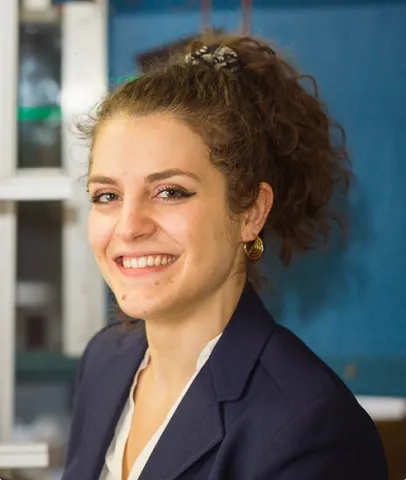About the project
This exciting experimental project aims to characterize the performance metrics and the flow over hydrofoils in canonical oscillatory motions at high Reynolds numbers. The work requires detailed flow diagnostics and the use of direct force/pressure measurement techniques.
Bio-inspired oscillatory foil considerations promise better manoeuvrability and larger efficient performance envelopes for water-borne engineering vessels that are often characterized by turbulent, high Reynolds-number flows on the order of 1 million to 100 million.
In this regard, it is no coincidence that our inspiration is large marine animals. Fast swimmers, such as sharks, operate at a minimum Reynolds number of 1,000,000, while larger cetaceans, such as whales, swim at an even higher Reynolds number range, exceeding 10,000,000!
The implementation of such bioinspired considerations in the design of water-borne vessels like ships and autonomous underwater vehicles or unconventional offshore energy extraction designs like oscillatory foil turbines requires us to understand the operation envelopes in moderate to high Reynolds number flow regimes.
The experimental work in this area commonly strives to deduce scaling laws, while computational efforts focus on developing and validating predictive flow models. Unfortunately, the scarcity of experimental data at high Reynolds numbers significantly hampers these design approaches.
This exciting experimental project aims to bridge this gap and characterize the performance metrics and the flow over hydrofoils in canonical oscillatory motions at high Reynolds numbers. Our goal is to combine unique data sets acquired from measurements conducted both in the Boldrewood Towing Tank and the Recirculating Water Tunnel facilities. The work requires detailed flow diagnostics and the use of direct force/pressure measurement techniques.
Applicants should have a strong background in fluid mechanics, aero-/hydrodynamics. A demonstrable aptitude for practical laboratory work is essential. Fundamental knowledge of mechatronics/control is required, and prior experience with actuation mechanisms is desired. Applications are invited from candidates who possess (or expect to gain) a first-class honours MEng, or MSc (or international equivalent) in engineering, physics or a related discipline.
We aim to build a diverse and inclusive team to tackle challenging problems where we develop new skills and expertise in our team members. You will have a unique opportunity to work alongside other team members (PhD students and postdoctoral researchers) with different backgrounds and experience.
You will be trained in using state-of-the-art experimental fluids facilities, flow diagnostics/sensory equipment and advanced data-analysis methods that will enable you to pursue a career in academia or industry. Finally, you will be able to travel to international conferences to present your work and develop new collaborations with research groups around the world.

